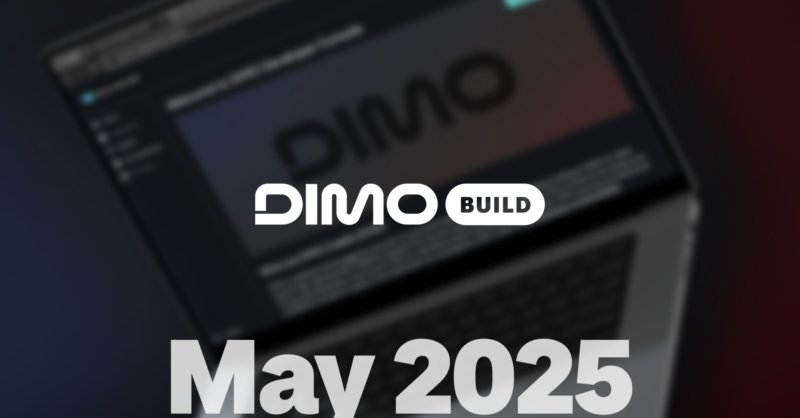Binance's October 2024 Proof of Reserves Snapshot Reveals Strategic Shifts

Binance has recently published its 23rd Proof of Reserves snapshot for October 2024, revealing notable shifts in its major cryptocurrency holdings. The report indicates a decline in Bitcoin (BTC), Ethereum (ETH), and USDT, while the exchange’s native token, BNB, has seen an increase. This shift suggests a potential change in Binance’s asset management strategy, prompting questions about the effectiveness of this new approach in the current market landscape.
The snapshot highlights that between September and October 2024, Binance’s BTC holdings decreased by 1.58%, translating to a loss of 9,577 BTC, leaving the exchange with a total of 596,000 BTC. Ethereum reserves also experienced a decline of 1.37%, equating to over 61,000 ETH. The most significant drop was observed in USDT holdings, which fell by 3.16%, amounting to a decrease of $698 million. These reductions indicate a possible rebalancing of assets or user withdrawals, reflecting the broader volatility that has characterized the cryptocurrency market recently.
Conversely, Binance’s BNB holdings surged by 2.17%, adding 882,454 tokens to its reserves. This increase signifies a strategic pivot towards enhancing the prominence of BNB within the Binance ecosystem, which plays a crucial role in transaction fees and governance. The fluctuations in these assets underscore Binance’s adaptability to market dynamics, with the increase in BNB suggesting a prioritization of its native token amidst the challenges faced by other cryptocurrencies. The October 2024 snapshot thus provides valuable insights into Binance’s evolving strategy and priorities during these turbulent times in the crypto market.
Related News





